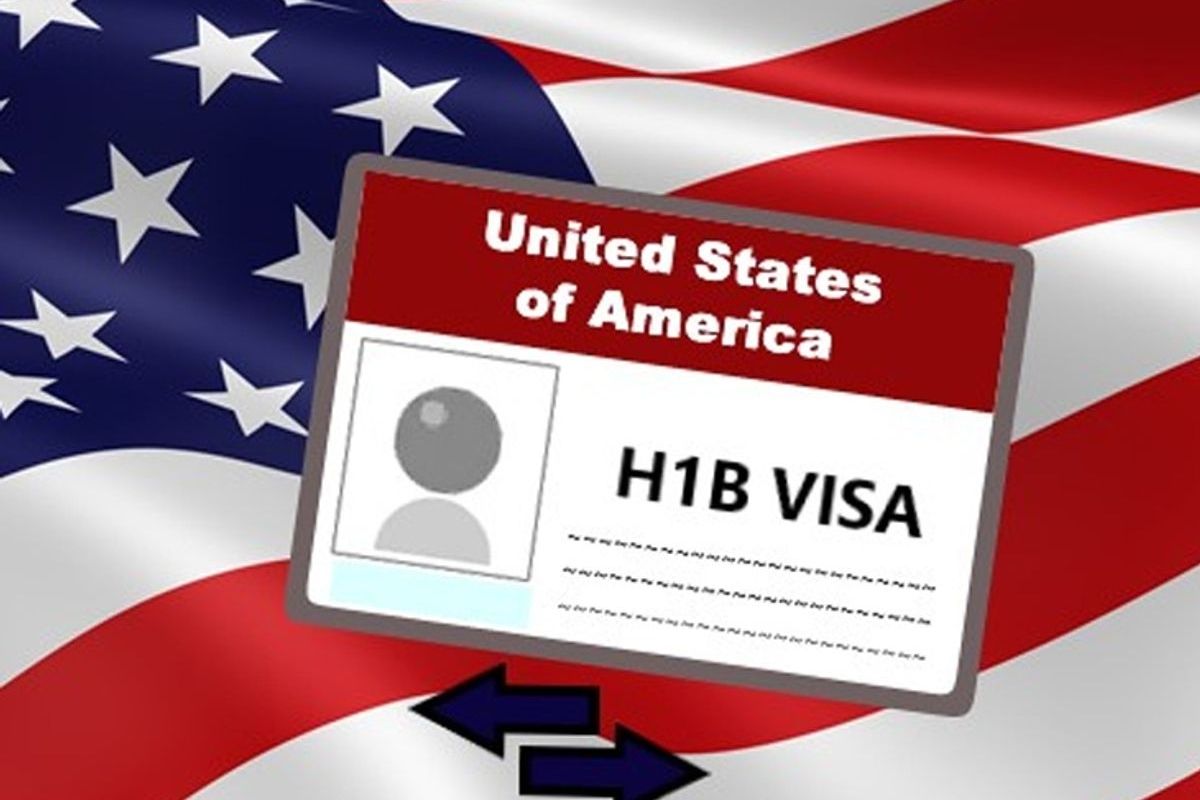US Intensifies H-1B Visa Crackdown: New Focus on Hiring Practices for Foreign Workers
The U.S. government is tightening its grip on H-1B visa practices. The Equal Employment Opportunity Commission (EEOC) is cracking down on alleged hiring discrimination against American workers. This initiative will significantly impact international professionals, especially those from India.
Enhanced Scrutiny on Hiring Practices
The U.S. has increased scrutiny on H-1B visa hiring. Authorities are warning businesses against favoring foreign workers over American candidates. This shift will particularly affect professionals from India, who represent the largest group of H-1B visa holders.
As these Indian professionals face stricter policies, the global flow of talent may change. Skilled workers might consider relocating to countries like Canada or the UK. This article explores the implications for foreign professionals.
Addressing Alleged Hiring Preferences
The EEOC has begun investigating claims that some employers prioritize foreign workers. On February 19, 2025, the agency issued a warning against such discriminatory practices. Acting Chair Andrea Lucas stated that national origin discrimination is prevalent across various industries.
Reasons Employers Favor H-1B Holders
The EEOC identified several factors driving companies to favor foreign workers:
- Lower Labor Costs: Some businesses hire foreign workers to cut costs. They exploit wage loopholes or engage in illegal underpayment practices, bypassing standard salaries for American employees.
- Limited Knowledge of Labor Rights: Foreign workers often lack familiarity with U.S. labor laws. This lack of knowledge makes them more vulnerable to exploitation regarding wages and workplace protections.
- Perceived Work Ethic: Employers frequently assume foreign workers are more dedicated and reliable. This perception leads them to prefer foreign hires despite ethical and legal concerns.
- Client Preferences: Some companies hire foreign workers to meet client demands. They believe that international talent aligns better with customer expectations or industry needs.
A notable example includes a lawsuit against Meta Platforms. This lawsuit claims the company systematically favored visa holders over American workers to reduce costs.
Increased Regulations and Changes
Both the Trump and Biden administrations have tightened rules surrounding the H-1B visa program. Key measures include:
- Stronger Employer Scrutiny: Authorities are ensuring compliance with fair hiring practices.
- Adjusted Wage Requirements: Minimum wages for H-1B workers have increased, aiming to prevent the undercutting of American salaries.
These changes may have significant consequences for Indian professionals. Between October 2022 and September 2023, they accounted for 72.3% of all H-1B visas issued.
Will Stricter Policies Drive Talent Elsewhere?
- Experts warn that excessive restrictions on H-1B visas could push global talent to other countries. The U.S. relies on H-1B visas to fill skill gaps in technology, engineering, and healthcare.
- Stricter policies may prompt skilled professionals to seek opportunities in Canada or the UK. This shift could negatively impact U.S. innovation and economic growth.
Conclusion
The ongoing debate over H-1B visas is crucial for both American workers and skilled foreign professionals. Regulatory tightening aims to protect domestic employment. However, it may have unintended consequences, such as talent migration to other nations.
Foreign professionals seeking global opportunities should stay informed about policy changes. This knowledge will help them explore alternative pathways if necessary.
Follow us on NewsNowGh.com to stay updated on the latest information regarding work permits, visas, and visa-sponsored employment.


